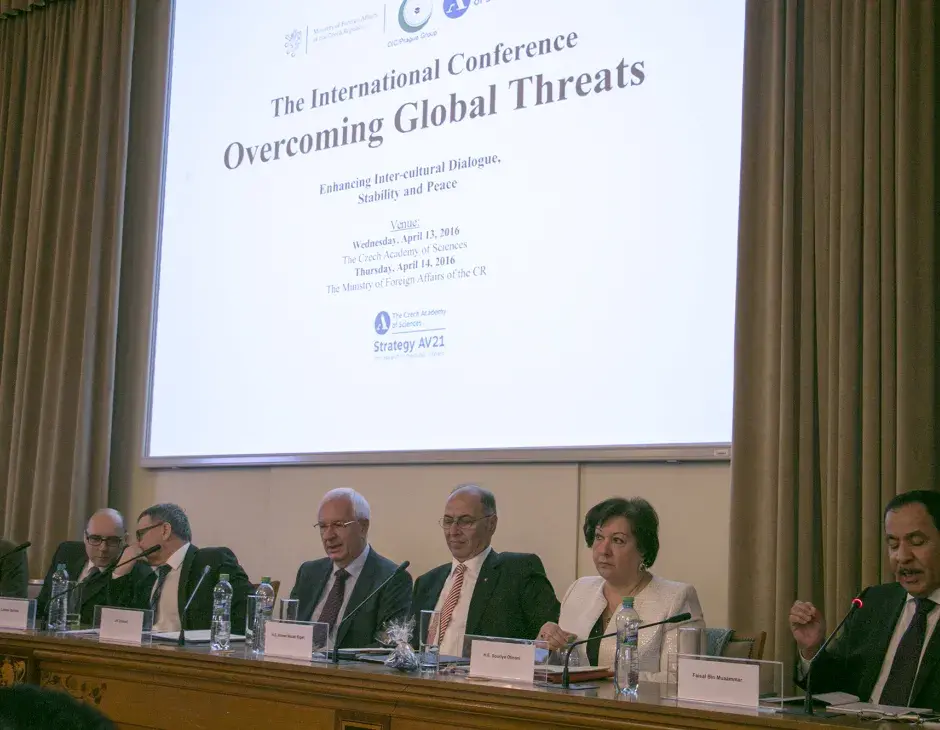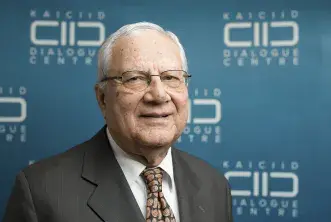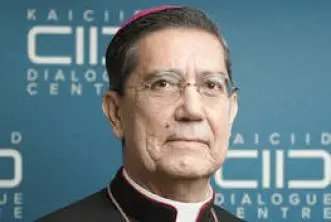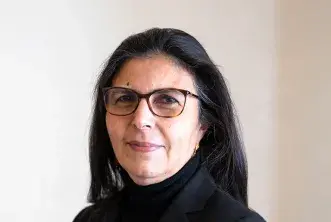A diverse group of international academics, diplomats and journalists convened in the historic city of Prague on 13 and 14 April to present different cultural perspectives and to discuss the need for dialogue, mutual recognition and cooperation to defend against local and global conflict.
The participants of the conference titled “Overcoming Global Threats: Enhancing Inter-cultural Dialogue, Stability and Peace,” unanimously concluded that there is an urgent need for broadening the concept of inter-cultural and interreligious dialogue to include secular European perspectives, as well as Muslim perspectives from Europe and the Middle East.
The conference took place at the renowned Academy of Sciences and the Czech Ministry of Foreign Affairs and was co-hosted by the OIC Prague Group and the Czech Ministry of Foreign Affairs. It included academic discussion on western and non-western cosmopolitanism, concepts of modernity, and the importance of this discussion in creating a basis for open dialogue. Based on many different personal accounts that were shared, it became clear that dialogue is needed urgently to address and deconstruct extremist discourse as well as responsible reporting on cross-cultural issues.
The Secretary General of the International Dialogue Centre (KAICIID), Faisal bin Muaammar and Board of Directors members, Bishop Miguel Ayuso and Dr. Mohammad Sammak represented the Centre and offered their insights on the role of dialogue. The SG spoke in the opening session on the where and the why of dialogue, and how it is essential to promoting peace and social cohesion.
“In many parts of the world, sudden and unprecedented changes in social, economic and political circumstances have led to more disagreement, doubt, and mistrust among people. And in too many of these cases, religion has become a pretext, a fault line along which these disagreements are conveniently mapped. Many people in the world exploit these fault lines, misrepresent religion, and manipulate the vulnerable to gain power and wealth. On the other hand, we also face a growing divide between parts of the world and institutions that are secular, and those in which religion plays a very strong role. But unless these two realms can cooperate and work together, we run the risk of creating even more misperceptions and stereotypes,” he said.
Board Members Mohammad Sammak and Bishop Ayuso spoke in a subsequent panel, Stability, Peace and Reconciliation, focusing on the topic of diversity and the importance of not only awareness, but also of mutual recognition and respect between religions and cultures.
“Diversity is a gift from God,” Dr. Sammak said. “Recognizing “Christianophobia” in the East is just as important as recognizing Islamophobia in the West. Mutual recognition is key to making progress, and it is an old concept, fundamental to religious practice and one that is outlined in the Qur’an.”
Bishop Ayuso emphasized the importance of identifying paths for dialogue that are key for laying its foundation.
“There needs to be an awareness that multipolarities are emerging,” Bishop Ayuso said. “We need to be aware that regionally specific religious practices can present challenges and can lead to misunderstandings and conflict in our globalized world. Therefore, dialogue has become a must.”




